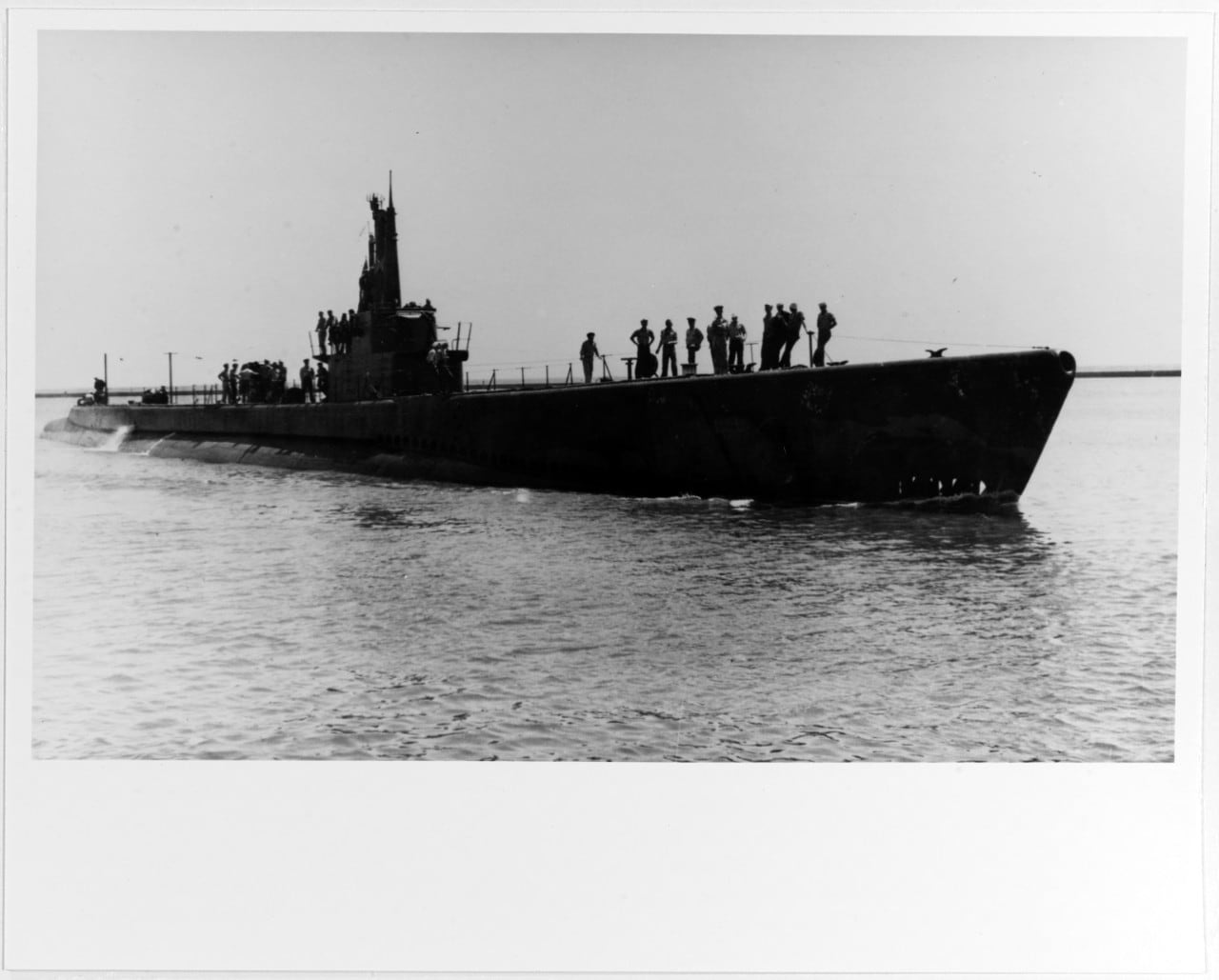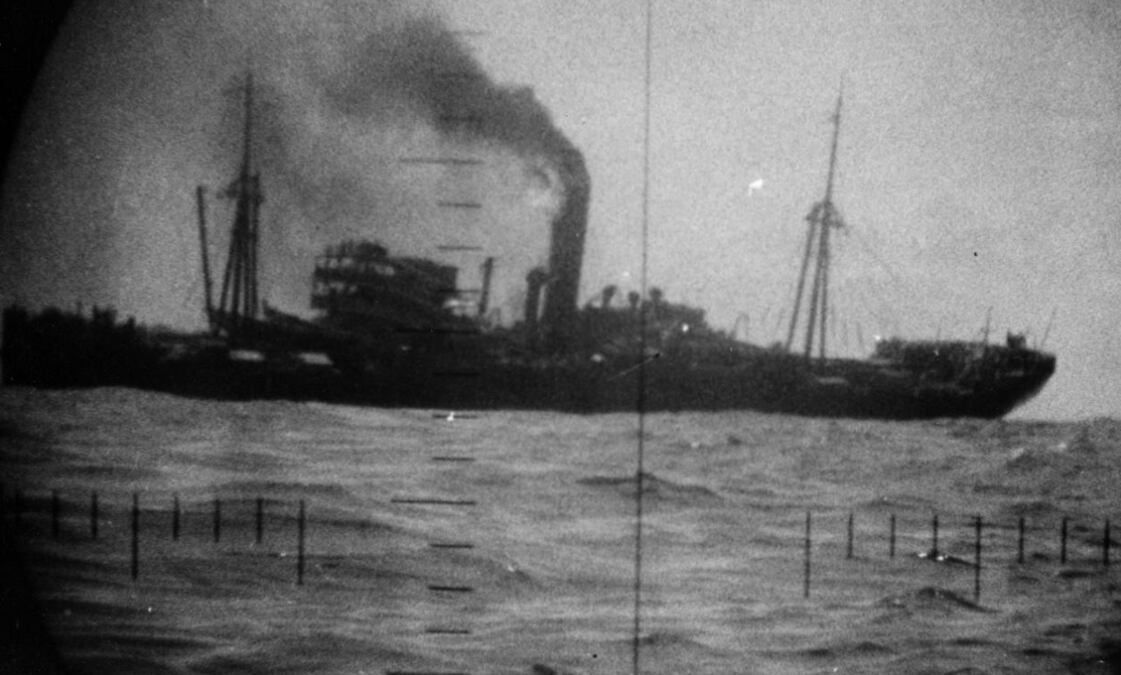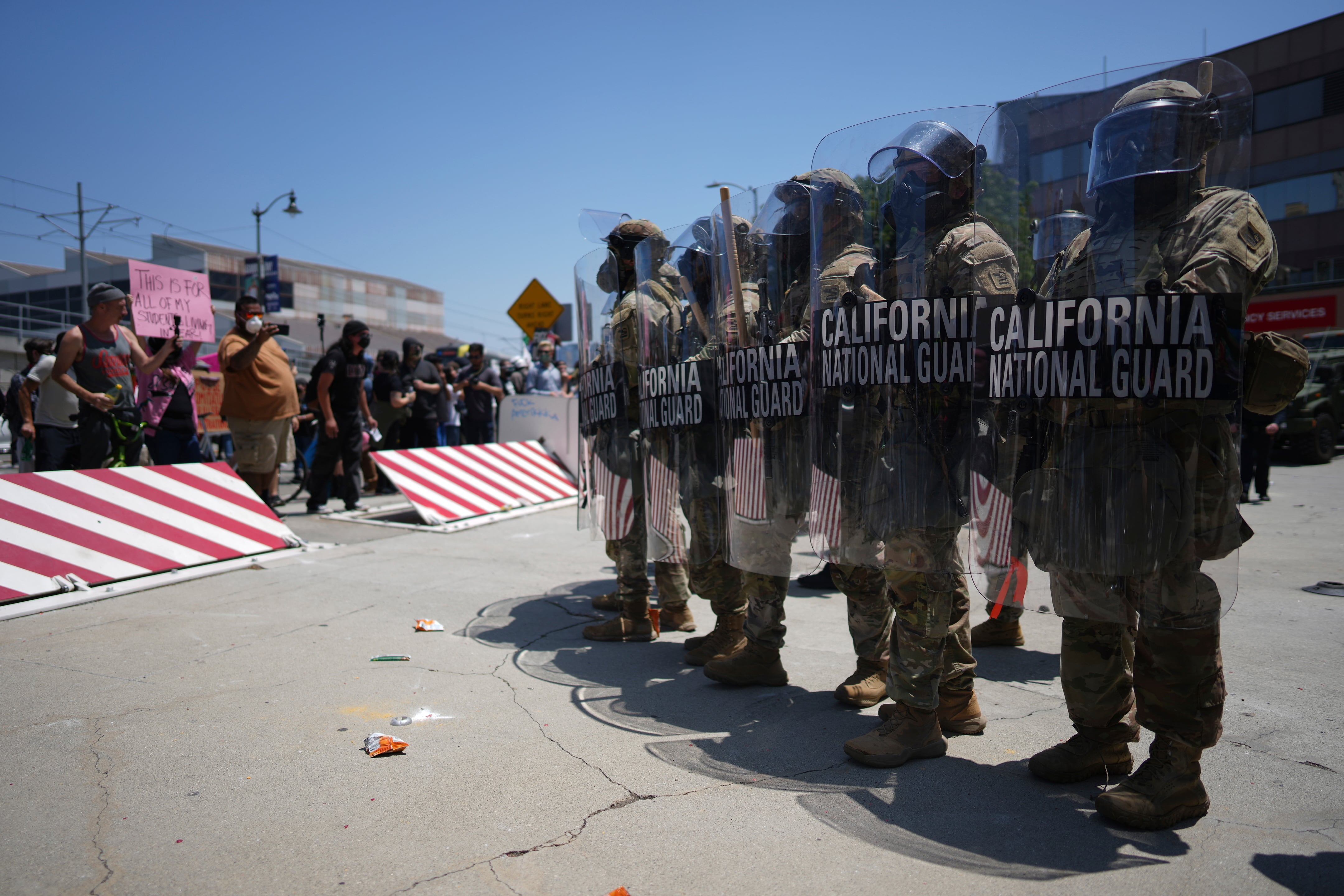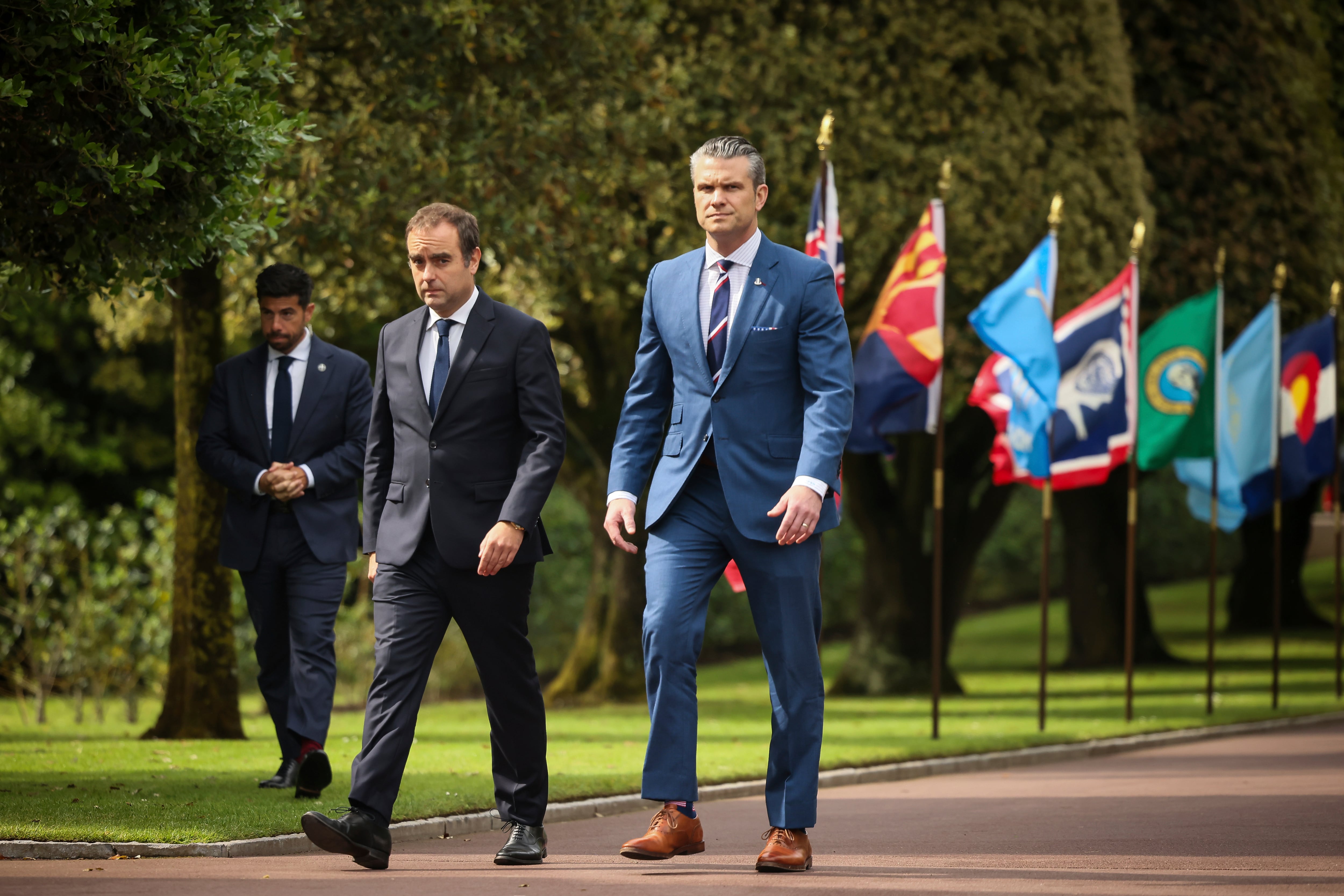NEW YORK — A federal judge in New York City who was nominated by President Lyndon Johnson and who contributed to the landmark case that struck down racial segregation in public schools is retiring at age 98.
U.S. District Judge Jack Weinstein was known for favoring lenient sentences and rehabilitation. He retired this week after moving his remaining cases to his fellow jurists in the federal court based in Brooklyn, the New York Daily News reported Wednesday.
He was the longest-serving incumbent federal judge, the newspaper reported. He spent nearly 53 years on the bench.
Weinstein, who was appointed in 1967, was the last federal judge named by Johnson. Weinstein said he often pushed for the shortest prison sentences possible so people could try to build a better life.
"We need to rule from a place of love, not hate," he told the Daily News.
Weinstein moved to Brooklyn with his family when he was 5. He enlisted in the Navy after the bombing of Pearl Harbor and served on a submarine where he helped sink a Japanese cruiser.
He graduated from Brooklyn College and enrolled at Columbia Law School after World War II.
He contributed research and briefs to aid future Supreme Court Justice Thurgood Marshall’s argument in the the landmark Brown v. Topeka Board of Education ruling.
In his retirement, Weinstein plans to spend more time with his wife, Susan Berk, and work with one of his three sons on a book about Jim Crow laws.

Navy Times editor’s note: U.S. District Judge Jack B. Weinstein of the Eastern District of New York served in the Navy between 1943 and 1945, departing his wartime service as a lieutenant.
Much of that time was spent on board the submarine Jallao, a Balao-class boat that prowled the Pacific for Japanese shipping.
Many war veterans in his generation didn’t talk much about their service until prodded years later. Thankfully, the federal court system nudged him in 2014, part of an effort to gather an oral history of its judges before their memories were lost to history.
He’s being a little humble about his role in the sinking of the Imperial Japanese Navy’s light cruiser Tama, which had been damaged during the Battle off Cape Engano.
Limping toward Okinawa northeast of Luzon at 14 knots, it was picked up on radar by Jallao, which had been ordered to wait for stragglers from the battle.
Weinstein was the officer in charge of the sub’s radar and it detected the contact at 33,000 yards, beyond what was expected from the technology.
“As we closed in, I noticed two pips on the radar,” Weinstein remembered telling the commanding officer, Lt. Cmdr. Joseph B. Icenhower.
“He asked what it was that we were picking up, and I had never seen that phenomenon, but I said, ‘Captain, it looks like a large destroyer or a small cruiser,’ which was kind of nervy, I suppose.”
After the half-submerged sub had closed to 1,000 yards, Icenhower ordered the crew to fire three bow torpedoes.
All missed.
Jallao then fired a second salvo of four torpedoes from the stern at 800 yards.
Three hit, cleaving Tama in half. It sank quickly, taking all hands.
“I’ve since thought about those men and their deaths, and regretted it, as I regret war generally,” Weinstein said. “Now I’ve had good relationships with Japanese judges and professors, but I’ve never confessed to them that I helped kill so many Japanese men.”
Weinstein and the rest of Jallao’s crew came close to dying on the boat’s second war patrol.
On 5 March 1945, the sub pounced on a Japanese convoy underway in the Yellow Sea. But an enemy escort spotted Jallao and tried to ram it, damaging the periscope, before a laying down a spread of depth charges and returning to the convoy.
Jallao escaped and returned to Midway for repairs.
Before the war ended, Jallao provided aircraft lifeguard duties off Marcus Island and Japan and sank the Japanese freighter Timoko Maru.
While he was in the Navy, Weinstein’s mom sent him a copy of Oliver Wendell Holmes Jr.'s The Common Law, which started him on his path to becoming a lion of the law.
He taught at Columbia University’s School of Law and assisted the NAACP Legal Defense Fund and future U.S. Supreme Court Justice Thurgood Marshall on the landmark Brown v. Board of Education desegregation case.
“I’m still very proud of being an American, I think being a United States citizen, because we have the capacity to do great things for our own and other people, and we have,” he said in 2014.
“The world I knew when I joined the Navy in January 1942 was not a great world. People were treated terribly in many respects. We’ve helped with women. We’ve helped with African Americans. We’ve helped with the aging. We’ve helped with the disabled. We’ve provided health for retirees. We have provided medical help to many of the poor. We’ve made enormous strides. We have far to go. And we have the talent to go forward and continue to improve all our lives, with equality and justice.”
RELATED

Prine came to Navy Times after stints at the San Diego Union-Tribune and Pittsburgh Tribune-Review. He served in the Marine Corps and the Pennsylvania Army National Guard. His awards include the Joseph Galloway Award for Distinguished Reporting on the military, a first prize from Investigative Reporters & Editors and the Combat Infantryman Badge.










